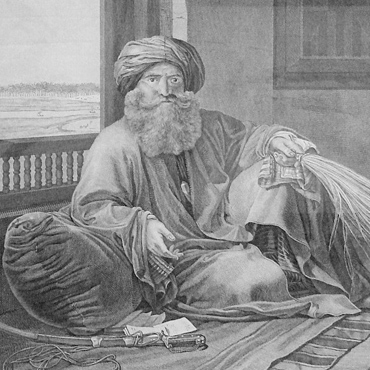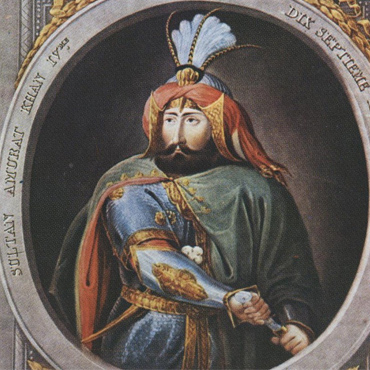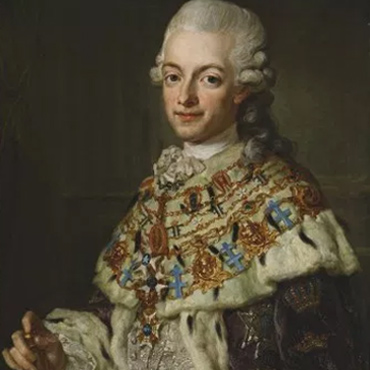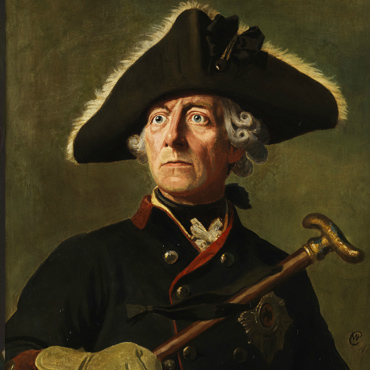The Adventures of Coffee: Five times that our favorite beverage was banned!

Although coffee is today the second most popular drink in the world after water, its turbulent course has even seen bans.
It is a world-wide favorite taste, an extremely popular beverage, and a habit found in many different cultures and different societies, regardless of countries, religions and social systems. Although coffee could be said that today is one of the topics that could be discussed by two people from every corner of the world, it was not always like that. In its turbulent route from Ethiopia and the Arabian Peninsula to the luxurious European cafes, European colonies and the New World, coffee has gone through many adventures. Among the adventures from which coffee has gone, of course there are also occasional bans on it.
If we want to be precise, we should talk about "banning attemptions" of coffee rather than actual prohibitions, since it has historically never been possible to ban coffee for a long time. The five attempts to ban coffee have occurred in different countries, different historical periods and by different motivations, but they have always had the same conclusion: nothing has stopped the world from enjoying its favorite coffee. Today, bans remain only as a historical paradox that gives the coffee world even more interest.
The five best-known attempts to ban coffee
|
Mecca (1511) The oldest ban on coffee occurred in Mecca of Arabia in 1551 and was based on religious reasons. As the consumption of psychotropic substances is forbidden by the sacred book of Muslims, the Quran, the stimulating qualities of coffee and its use by Sufi Muslims during their evening prayers led to his ban. However, under religious pretexts there were deeper political reasons, as coffee was used in places where people use to talk freely, criticizing the governor of the city, K'Hair Bey. |
 |
 |
Italy (16th century) Similarly, voices calling for a ban on coffee also existed in the Christian world. When coffee arrived in Italian ports, several clerics based on its stimulative properties and its Muslim origins suggested that it be banished as a "satanic drink". When Pope Clement VIII tasted coffee for the first time, he was so excited about itstaste that he decided not to give it to Satan: he baptized the new drink as a Christian one, a fact that played a key role in the spread of coffee across Europe . |
|
Instabul (1623) Another ban on coffee in the Muslim world: when Murad IV became a sultan of the Ottoman Empire, he banned coffee by imposing strict penalties, such as whipping, or for those who were unadulterated as well as decapitation. Although it is said that the sultan himself in disguise walked in the streets of the Instabul, controlling the application of the law, the ban was not meant to hold. The reasons that led Murad in the ban on coffee were more of social and political nautre, with religious inspiration. |
 |
 |
Sweden (1746) Social reasons (the restriction of coffee shops, which essentially functioned as a pillar of opposition) also led King Gustav III to ban not only coffee, but also what was associated with his consumption, such as cups and spoons. The King went one step further: wishing to prove how dangerous the coffee was, he experimented with the condemned to death, forcing them to consume large quantities of coffee and prescribing doctors to watch their reactions. The result was rather pleasant for the prisoneers and extremely boring for the doctors. |
|
Prussia (1777) At the end of the 18th century, Frederic the Great of Prussia proceeded to ban coffee, perhaps having the most original excuse by all. According to Frederick's philosophy, the spread of coffee was a threat to beer consumption and thus undermined the German identity! The Manifesto of the ban ended with the phrase "His Majesty grew up with beer, not offee". Despite all the Emperor's fears, the Germans continued to consume both beer and coffee. |
 |










